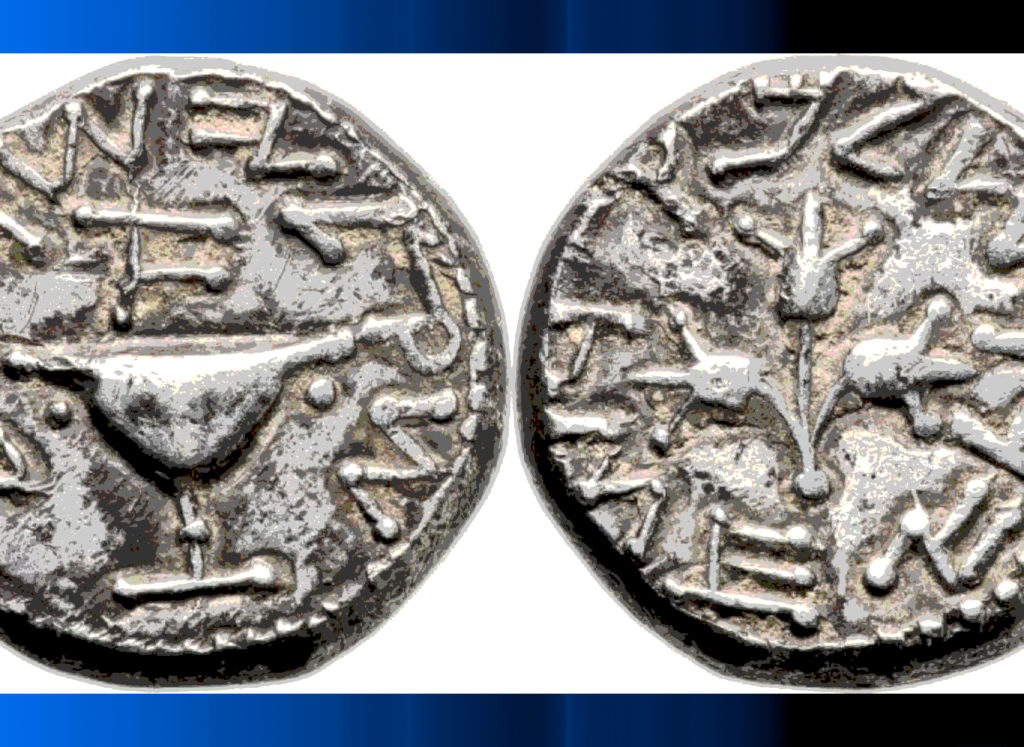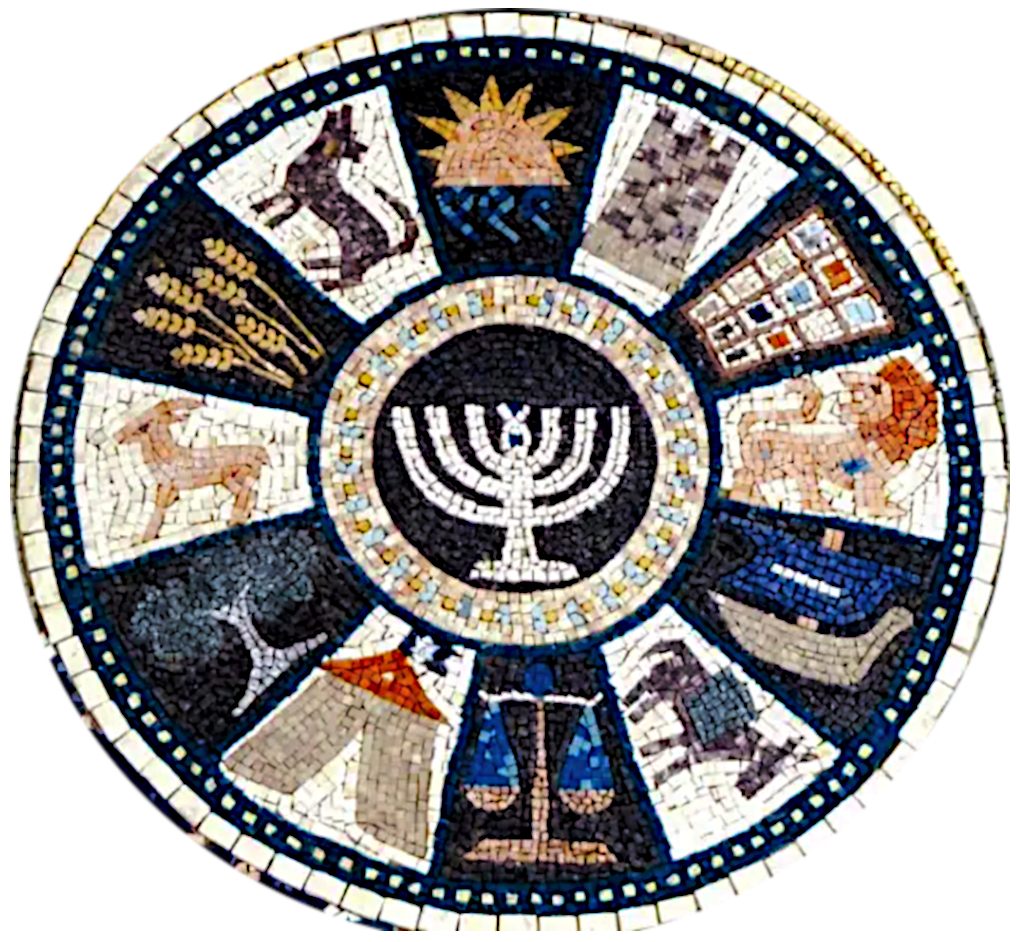
(3 – 4 Minute Read)
Numbers 1:1-4:20
The fourth book of the Torah, B’Midbar, or Numbers, opens with the parasha, or portion, of the same name. B’Midbar begins with a detailed census of the Jewish people in the wilderness of Sinai. Every male over the age of twenty was to be counted, with the implication being that this male would be a military-capable head of a family. All of these males combined equalled more than six hundred thousand persons, and also represented their wives and children, bringing the total number of the Jewish people to an estimate between two and three million.
After the numbering, the Holy One, Blessed Be He, further outlined the locations of encampment for each tribe as well as the process and order of travel. The tribes were situated into four clusters of three tribes each, facing the four directions. In the middle of this arrangement was the Mishkan, or Tabernacle, as well as the tribe of Levi.
The tribe of Levi was then divided according to each family clan, and tasked with key functions of the maintenance and transportation of the Mishkan, or Tabernacle, as necessary. Similarly, the Eternal One also declared that the members of the tribe of Levi would be designated for Himself in place of the first-born sons of all of the tribes.
While much of the parasha of B’Midbar is seemingly concerned with technical information and mundane details, there are several key lessons that we can derive from this portion of the Torah. One of the most important of these lessons is that every Jewish person has a place of importance in the community. First, the Almighty commanded that each Jewish family head be carefully counted (or rather, the half-shekel that he would donate representing himself and his family would be counted). The idea of this counting and census, especially with a half-shekel, is that each and every Jewish person and family was important but also equal in value. Our Sages of blessed memory have pointed out that a half shekel is incomplete without the other half. Similarly, the Jewish people all need each other in order to be complete.

The tribes were placed into their specific positions for the encampment as well as travel. While some might think that the tribes in the front were more important than the tribes in the back, this idea is not accurate. Each of the tribes was important to protect each other as well as the Mishkan, or Tabernacle, in the center, from attack by enemies or other dangers. Previously, Amalek had attacked the Jewish people, focusing on the stragglers in the rear consisting of the children, the weak, and the elderly. With this arrangement, formidable tribes and their fighting males were evenly distributed throughout the encampment, including the rear. While the rear may not have seemed as “prestigious” as leading in the front, it was just as vital and necessary for the overall success of the Jewish people.
Within the tribe of Levi the Most High delineated which family clans would perform each specific function, especially relating to the packing up and transporting of the Mishkan, or Tabernacle. Again, there could be a temptation to think that the Levites who carried the supporting poles of the Mishkan were less important or “honorable” than those who carried the Ark of the Covenant itself. However, in reality the entire Tabernacle and the elements inside needed to be transported in a careful and exact manner. Each member of each family clan of Levi was required to do his part. If he failed or refused, the negative results would range from a complete stalling of the transportation and/or assembly process to even death if the holy items were not handled properly.
In many cases we fail to see ourselves as a vital part of the Jewish community. We focus on our weaknesses instead of our strengths, or we fixate on the proficiencies or positions of others. For instance, a ba’al teshuvah, or Torah-observant Jewish person from a non-religious background, often bemoans the fact that he or she grew up with a secular or other lifestyle not based on Torah. Or perhaps a Torah-observant individual is unhappy that he or she is not more financially stable to have better opportunities to give tzedakah, organize charity functions, or study Torah, for instance. Or maybe we are upset that we do not occupy a better position, title, or rank within the Jewish community. In these situations it is tempting to feel that another Jewish person with a stronger background in Torah observance, a higher base of knowledge, or advanced position within the community is more important than us. Even worse, we may fall into a trap of covetous jealousy that brings us to a place of unhappiness, bitterness, or even mistreating others.
The lesson of the parasha of B’Midbar is that the Holy One, Blessed Be He, doesn’t think of us in that way. Chapter after chapter in the Torah, especially the book of B’Midbar, indicates that the Eternal One values each and every one of us. Even more pertinently, the Almighty created each of us to have a very specific role and function within the overall Jewish community. We may think that we are not important, but the Most High has said otherwise from days of the wilderness and onward.
May the Holy One, Blessed Be He, grant us all to realize our individual value, and strive to reach our highest potential to be exactly who He created us to be. And may we do so in a way that is cohesive and compatible with the entire Jewish community, working together harmoniously to achieve our unified and overall success.



